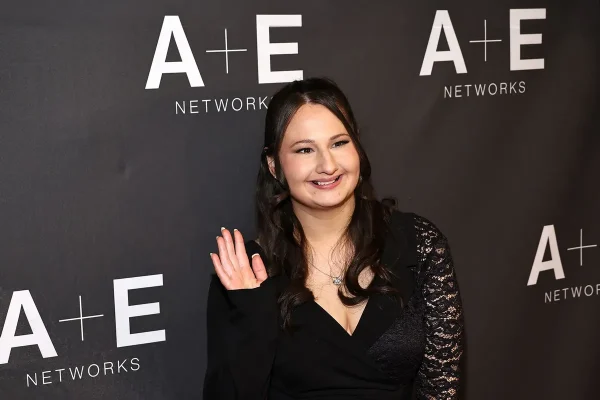The unfortunate inevitability of social conformity
At Pine Ridge Elementary, it was a necessity to cheerlead at recess. If you wanted to hang out with the girls, that is what we did. The cheerleaders flaunted their high ponytails and sparkly costumes each day they performed, and I was beyond jealous.
No, I had never had any desire to be a cheerleader. No way, that was not me. At this age, I spent my hours at gymnastics and soccer practice. Nonetheless, these were the girls I wanted to hang out with. And in using my gymnastics skills, I was able to compile an array of impressive attributes to the group of cheerleaders, however, I was negligent to the repetitive chants that spewed from the girls’ mouths. I couldn’t pick them up.
I took it upon myself to become the best gymnast of the group and put in my greatest effort to recite the rhythmic chants verbatim—not because I truly liked doing it—but because all of the other girls were.
As humans, we feel an obligation to find our place in society. It is a basic human desire to feel like we belong in a place, even if our character doesn’t necessarily fit.
I like to think that I do what I want without impact from others. However, ultimately, this is so untrue. I wouldn’t consider this impact peer pressure. I don’t feel forced or coerced to do anything; in many cases, asks and expectations aren’t even present. It’s more of an unspoken agreement: to fit in, this is what I must do.
As I grow up, I push myself to do what is best for me. Look out for choices that first benefit me, then worry about what the rest of the world is doing. And, while I don’t always make the smartest choices that fall within my best interest, I begin to wonder if this is simply inevitable.
My mom is a big advocate of the phrase, “If they jumped off of a bridge, would you?” This example is a hyperbole rather obviously, however, if natural instinct was the only variable we had to rely on, we likely would follow a group into almost any scene.
Conformity is a trait rather prevalent in the human race in comparison to other species; the reward response plays a major role in this. In essence, our brains enjoy when we agree. We show heightened activity in relation to reward (Sleek). Our brains enjoy when we feel that we fit in.
The contrasting idea is true as well: when we violate social norms, the threat processing part of the brain is activated.
While my cheerleading example is very small on the scale of universal relevance, it proves my point exactly. Even in this minuscule collection of people, I still chose to suppress what I would rather do to match the group activity.
A similar example is one I hope is universal: ordering alongside someone. For instance, getting coffee with a group of friends. If all of my friends order a brown sugar oat milk shaken espresso, who am I to deviate from the path and order a vanilla latte? This small decision has absolutely no impact on the world or my role in society. I am not changing lives or impacting the social order. However, maybe I’ll miss out on a better drink. Maybe someone will call me difficult.
So while I fight with the idea that I am in complete control of my actions and decisions, I find myself almost incapable. Falling into this trend of agreeance is frustrating yes, but admitting that it is probable and is rather difficult to avoid is important.
So while I fight with the idea that I am in complete control of my actions and decisions, I find myself almost incapable. Falling into this trend of agreeance is frustrating yes, but admitting that it is probable and is rather difficult to avoid is important.
I support those who strive to be free of dependence on others. But I understand, as humans, we lean on each other in a desire to fit. It is easy to become down on ourselves when we choose wrong or agree with someone we wish we had not. This is human nature. It is an annoyance and hindrance when we feel we have let ourselves down, but making decisions free from outside impacts is not a natural function. Our brains are just wired this way.
Making a wrong decision or molding to the cavity society provides happens, and while we may resent this, rewiring our minds doesn’t happen overnight.

Gigi is beginning her second year of writing for The Central Trend as a junior this year, and she is starting to fear she will run out of things to say....
























































































